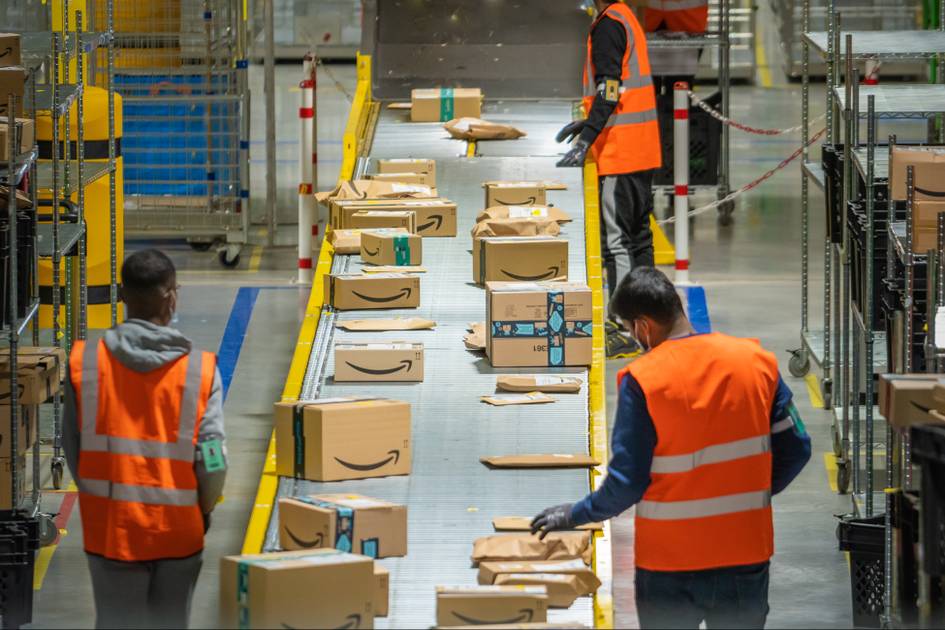This means that part of the price of Trump accepting European alliance members continuing to supply Ukraine might be a pledge to not allow the use of those weapons on targets inside Russia. Though perhaps, like now, there could be exceptions made for targets in Russia close to Ukraine’s borders — it hasn’t drawn the U.S. into direct conflict with Russia under President Joe Biden, so it need not do so under Trump either.
But the fact remains that in the face of threats from a nuclear-armed Putin, European allies would only feel safe supplying Ukraine if Trump maintained the U.S.’s commitment to NATO.
And this brings us to another problem: Trump thinks European countries should do more to defend themselves, famously saying he’d encourage Russia to “do whatever the hell they want” to NATO members that don’t pay their fair share to the alliance.
So, with Trump in office, credible pledges of increased defense expenditure would have to be part of any sort of deal to carry on backing Ukraine. And while potential Trump advisers might be receptive to such arguments in principle, it’s questionable whether NATO members could realistically deliver what his advisers would expect to see.
Colby has made it clear he thinks European allies should be spending 3 to 4 percent of GDP on defense. Yet, there’s little prospect of some of Ukraine’s most important suppliers of military hardware — like Belgium, France, Germany, the Netherlands and the U.K. — spending 3 percent of GDP on defense in the foreseeable future.
That said, defense spending by European NATO members has been rising, with a further increase to 2.5 percent of GDP indicated by the U.K., and an increasingly militarily muscular Poland on course for 5 percent in 2025. So, it’s possible allies could come up with a formula that would convince Trump’s advisers he shouldn’t force a peace deal on Ukraine, and instead leave the country’s military backing to European allies — with some targeting strings attached.
Those strings wouldn’t please Zelenksyy, of course. But at the very least, a bad deal with Trump could postpone a worse deal with Putin.






